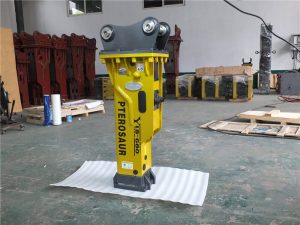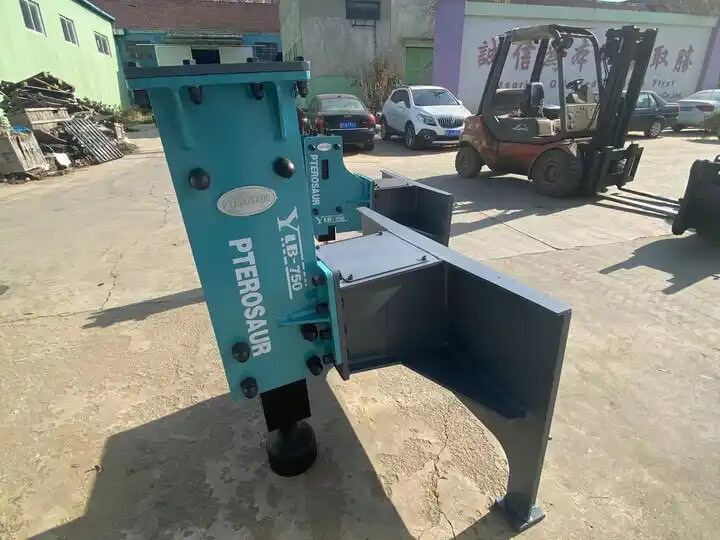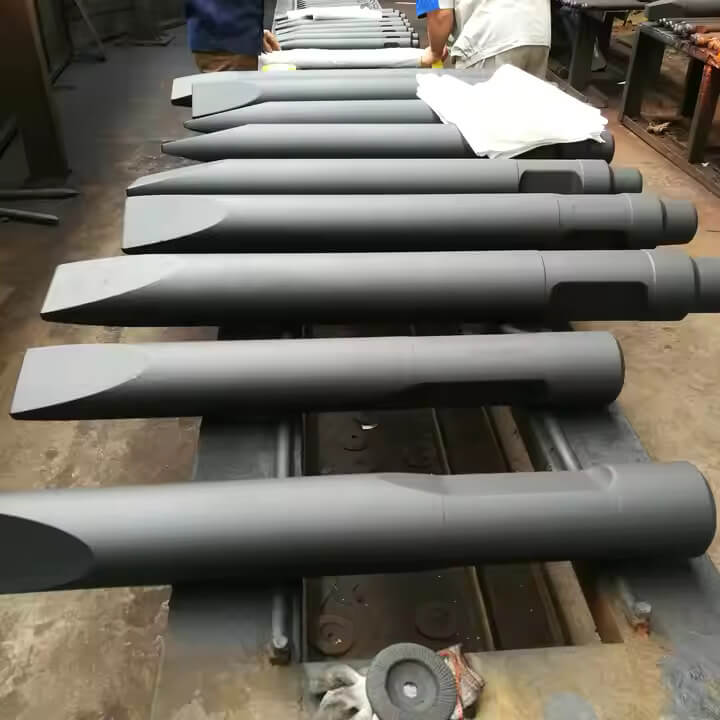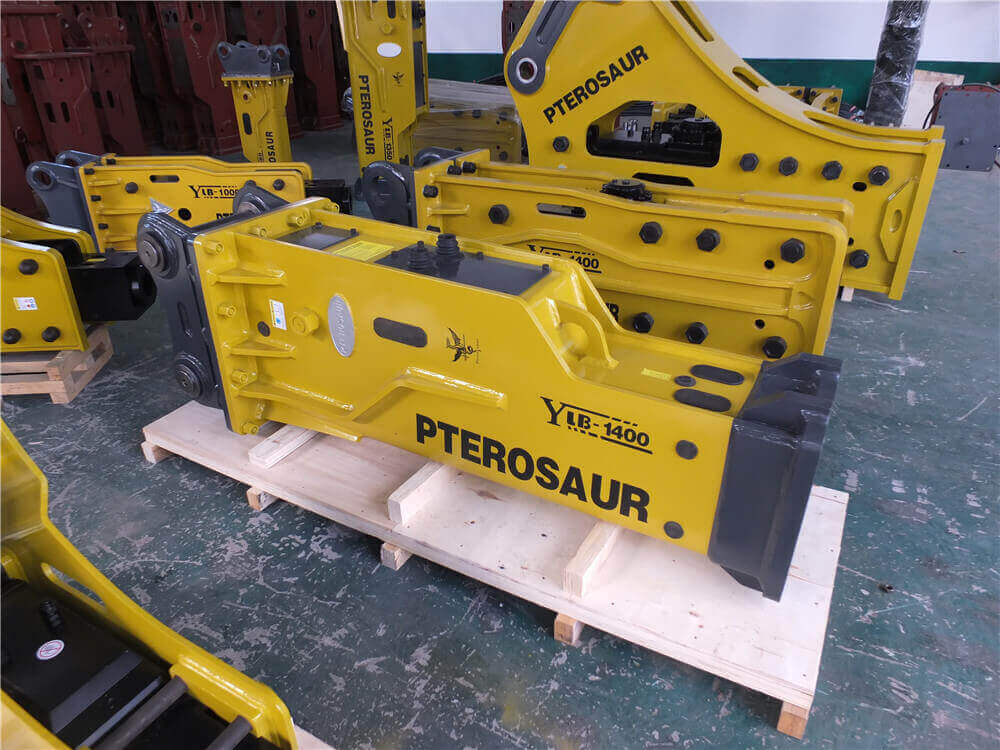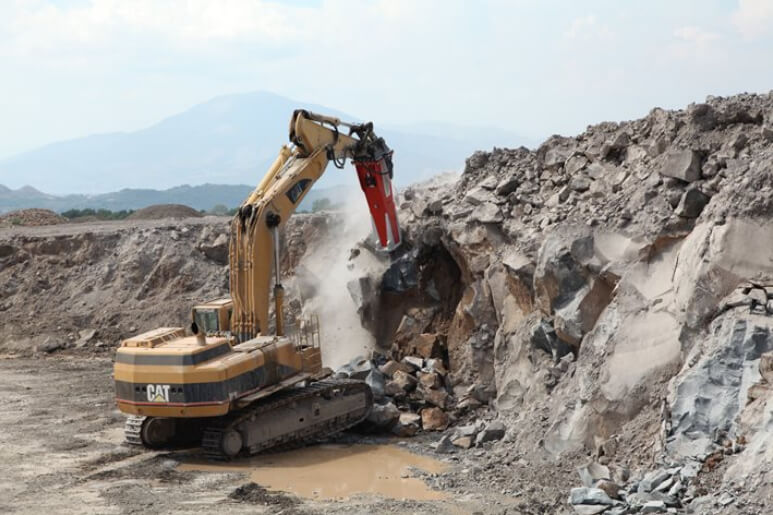Understanding Excavator Jackhammers: A Comprehensive Guide
When it comes to construction and excavation tasks, efficiency and performance are paramount. One of the most versatile tools that can significantly enhance productivity on-site is the excavator jackhammer, also known as a hydraulic breaker attachment. This article delves into the features, benefits, and applications of excavator jackhammers, highlighting their role in various industries.
What is an Excavator Jackhammer?
An excavator jackhammer is a powerful attachment designed to transform standard excavators into highly effective demolition and breaking tools. These hydraulic breakers are engineered to provide maximum impact force, allowing them to handle a variety of tasks, from breaking concrete to trenching and rock excavation. Leading manufacturers like Epiroc and RJB Hydraulic Hammers offer a range of models tailored to different excavator sizes and job requirements.
Advantages of Using an Excavator Jackhammer
1. High Efficiency and Performance
Excavator jackhammers are built for high-impact energy, making them ideal for demanding tasks. They operate with an adjustable impact rate, allowing users to optimize performance based on the specific requirements of the job, whether it’s a simple demolition or a more complex excavation project.
2. Low Noise and Vibration
Modern hydraulic breakers are designed to minimize noise and vibration, improving overall working conditions. This feature is particularly beneficial in urban areas or sensitive environments where noise pollution must be kept to a minimum.
3. Versatility
Excavator jackhammers are versatile attachments that can be utilized in various sectors, including construction, mining, and road maintenance. Their ability to tackle a wide range of materials, from soft soil to hard rock, makes them essential for many projects.
Choosing the Right Excavator Jackhammer
Selecting the appropriate jackhammer is crucial to achieving maximum productivity. Factors to consider include:
-
Excavator Compatibility: Ensure that the jackhammer matches the hydraulic power and weight specifications of your excavator. For instance, mini excavators require lighter attachments, such as the RHB40 hydraulic breaker, which is designed for machines weighing between 0.8 and 2.5 tons.
-
Job Requirements: Different tasks may necessitate different types of jackhammers. For example, a high-impact hammer might be required for breaking through dense concrete, while a lighter model may suffice for softer materials.
-
Manufacturer Reputation: Brands like Epiroc and RJB Hydraulic Hammers have established a strong reputation for quality and durability. Choosing a reliable manufacturer can ensure that you are getting a product that can withstand the rigors of heavy use.
Applications of Excavator Jackhammers
Excavator jackhammers have a wide range of applications, including but not limited to:
- Demolition: Quickly and efficiently breaking down structures, making way for new construction.
- Rock Excavation: Ideal for mining and quarrying operations where hard materials need to be removed.
- Trenching: Useful in utility installation projects, where precise trenching is required.
Conclusion
In conclusion, excavator jackhammers are invaluable tools for enhancing the capabilities of excavators across various construction and excavation tasks. With their high efficiency, low noise and vibration, and versatility, they play a crucial role in ensuring that projects are completed effectively and efficiently. When selecting a jackhammer, it’s essential to consider compatibility with your excavator and the specific demands of your project, ensuring you choose the right tool for the job. For those in the market, reputable brands like Epiroc and RJB Hydraulic Hammers offer a range of high-quality options to meet diverse needs.
Whether you’re tackling a large-scale demolition or a small excavation task, a well-chosen excavator jackhammer can make all the difference in your project’s success.

